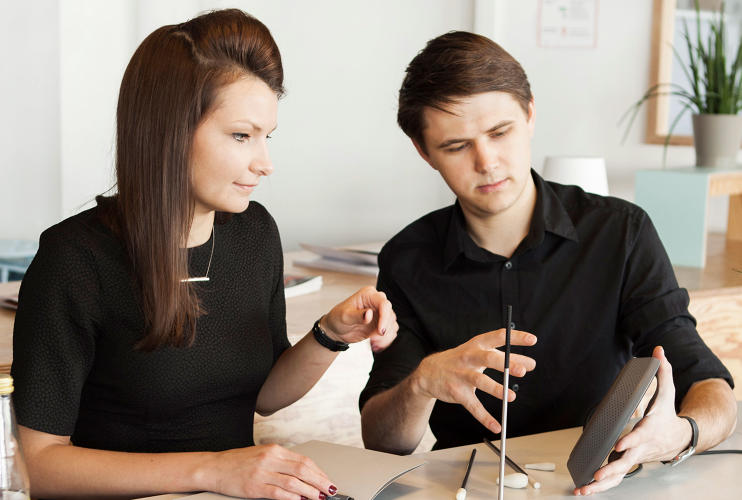
How Kickstarter Is Priming Itself For Success In Germany, Its Biggest International Expansion Yet
FAST COMPANY: People in Germany can crowdfund their bright ideas using Kickstarter. If it comes as a surprise that they haven’t been able to do so for a long time, that’s understandable. Germany, after all, is the fourth biggest economy in the world. It has the largest population in the European Union. Entering Germany at its own pace is entirely consistent with Kickstarter’s way of doing things, which tends to be measured and thoughtful. In its six years of existence, the company has only rolled out in 10 countries. Germany is number 11; France, which goes live on May 27, will make it a dozen
Entering Germany at its own pace is entirely consistent with Kickstarter’s way of doing things, which tends to be measured and thoughtful. In its six years of existence, the company has only rolled out in 10 countries. Germany is number 11; France, which goes live on May 27, will make it a dozen. That stands in sharp contrast to its slightly older archrival Indiegogo, which counts “global” as one of its defining characteristics and has hosted campaigns for creators in 224 countries. (Indiegogo launched its own major German push in 2012, with a competition for startups that offered matching funds from Google.)
Launching Kickstarter in a new country isn’t just a matter of flipping a switch and waiting for the cool projects to flood in. With its German debut, Kickstarter is available in a language other than English for the first time—an upgrade that required substantial tweaks to the platform. It will also adjust itself to local e-commerce habits by allowing Germans pledging €250 or less to pay with a direct debit from a bank account rather than a credit card.
But for Kickstarter, girding itself to enter Germany was only partly about technical and financial matters. Just as important, the company wanted to debut with a critical mass of outstanding projects—ideas with a high chance of capturing the imagination of the community, spearheaded by people who could deliver on their promises.
“There’s no better inspiration for potential creators than seeing someone putting together a beautiful campaign for a great project,” explains Nick Yulman, a member of Kickstarter’s outreach team who focuses on design and technology. The company found that first crop of great projects via an ambitious, people-intensive process, which included sending Yulman and six colleagues to Germany on a two-week scouting trip.
Read the full article: FAST COMPANY





